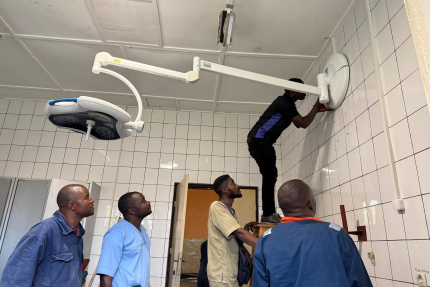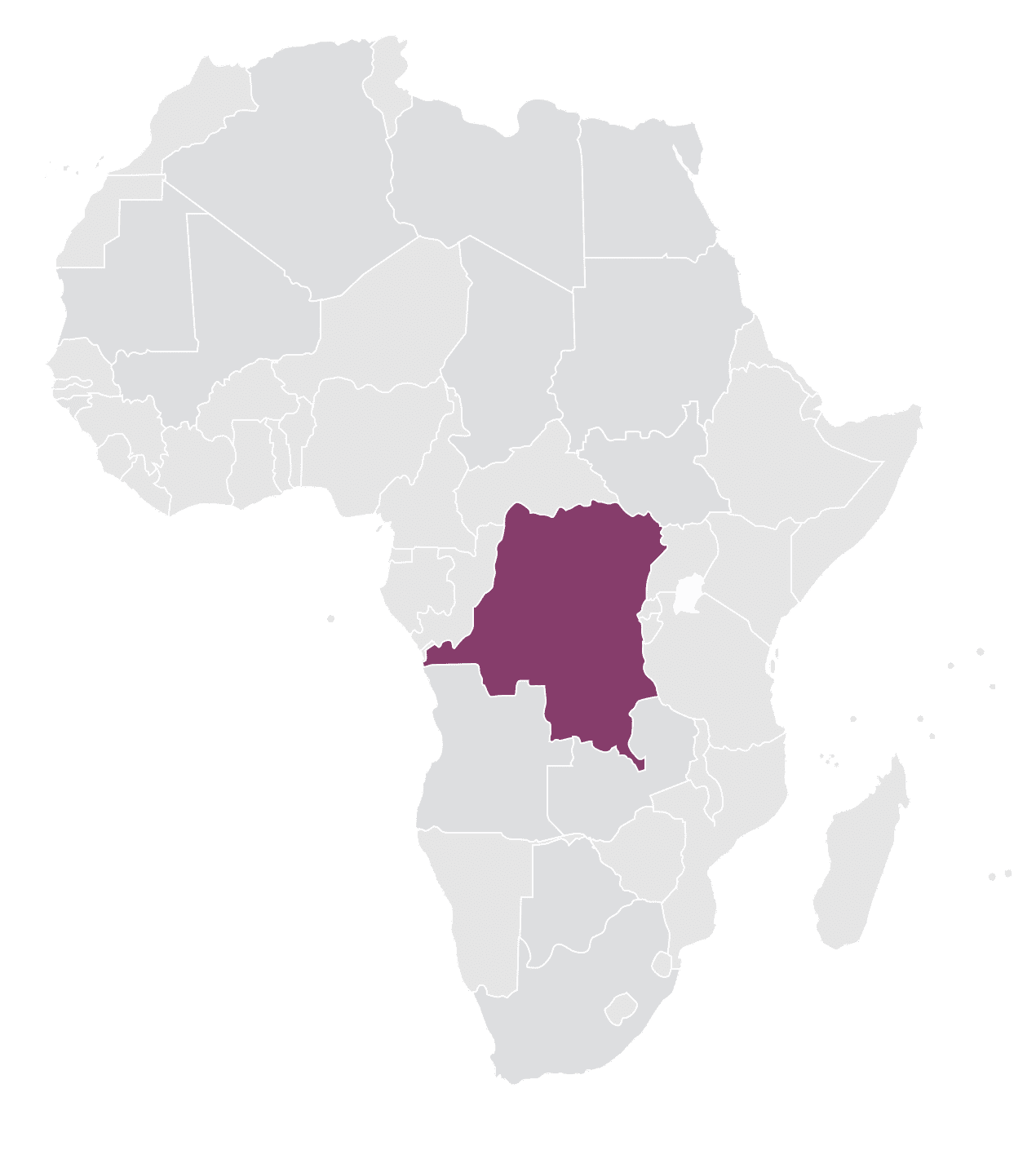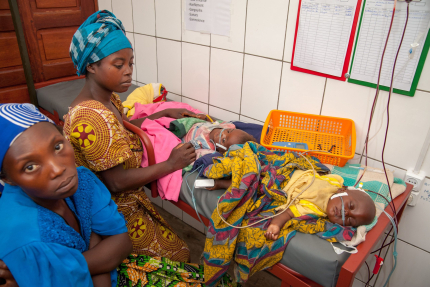We’re often afraid to name our fears — because once we give them shape through an ultrasound scan or call them by a diagnosis, they become real. As if looking away could protect us from illness. But there are places in the world where people look away even from joy. How can you celebrate the birth of a child when you don’t know if it won’t end in tragedy?
Marie hasn’t made a shopping list for her baby, nor packed a hospital bag like pregnant women in Europe do. She doesn’t dream of a safe car seat, a comfortable stroller, or hypoallergenic diapers. She should be happy — after all, she wanted this baby so much. It’s her first.
Instead, she’s been making a list of hard questions: Is she well-nourished enough for the baby to be born on time? Will she have enough money for transport to the hospital? Will she get medicine if something goes wrong? Will the midwife have sterile gloves, or should Marie buy her own?
She knows how risky childbirth is in Congo. She knows her neighbor didn’t survive giving birth, and another lost her baby. For a mother, it’s the most dangerous day of her life.
In the Democratic Republic of Congo, women usually give birth at home or in the fields when labor starts while they’re working. They return with a child — alone — or they never return at all. Such are the realities of the Congolese bush. Hospitals see them only rarely.
Throughout her pregnancy, Marie didn’t know if her baby was healthy. She couldn’t afford a single test. Like other women in her village, she thought she would give birth at home, under the care of a local herbalist. Then she heard from another woman about our hospital. Her eyes lit up — a spark that briefly silenced all her fears. She walked many kilometers to Ntamugenga to find out if someone could take care of her. She met our midwife, Constance, and immediately felt she was in good hands. Constance ordered tests and prepared Marie for childbirth. Without being asked, she arranged a layette for the baby and spoke with Marie often, reassuring her that she was safe and had no reason to be afraid.
Today is Constance’s day — because today, midwives all over the world celebrate their special day. You can give her an extraordinary gift and stand by her side in the fight for the health and lives of women and their babies. Your help is not just an abstract donation — it’s prenatal visits, meds, care, and a layette. Everything a mother like Marie needs to welcome her child with joy. Visit GoodWorks 24/7 and ensure a safe, natural birth for a Congolese woman.



